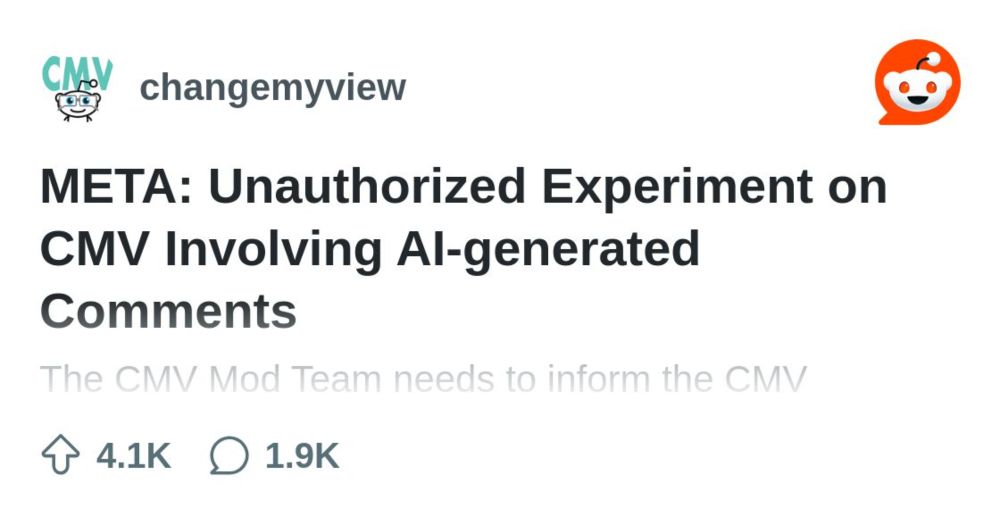Gabrielle Lim
@gabriellelim.bsky.social
PhD Candidate, Political Science at the University of Toronto. Affiliated with the Citizen Lab. Mostly the politics of information, technology, and security in cyber and outer space.
More at gabriellelim.com
More at gabriellelim.com
Many thanks to @ijoc-usc.bsky.social and the guest editors @joncong.bsky.social and @bostonjoan.bsky.social for getting this wonderful special section together.
June 20, 2025 at 4:32 PM
Many thanks to @ijoc-usc.bsky.social and the guest editors @joncong.bsky.social and @bostonjoan.bsky.social for getting this wonderful special section together.
We draw heavily from securitization theory and consider the ways in which the US, UK, and other Western states may bias or influence global security discourse. It is also a reminder for us scholars to be wary of how we "speak security."
June 20, 2025 at 4:32 PM
We draw heavily from securitization theory and consider the ways in which the US, UK, and other Western states may bias or influence global security discourse. It is also a reminder for us scholars to be wary of how we "speak security."
While 3 and 4 are not as surprising, 1 and 2 were somewhat less obvious or, at least, not as talked about within mainstream misinfo studies: the way we phrase things and the power that is imparted on specific ideas (i.e., threats) are important. Who says what and where matters.
June 20, 2025 at 4:32 PM
While 3 and 4 are not as surprising, 1 and 2 were somewhat less obvious or, at least, not as talked about within mainstream misinfo studies: the way we phrase things and the power that is imparted on specific ideas (i.e., threats) are important. Who says what and where matters.
(1) the popularization of “fake news” by political and media elites, (2) Western influence over global security discourse and policymaking, (3) the desire for governments to control the flow of information, and (4) high-profile revelations around platform governance and harm.
June 20, 2025 at 4:32 PM
(1) the popularization of “fake news” by political and media elites, (2) Western influence over global security discourse and policymaking, (3) the desire for governments to control the flow of information, and (4) high-profile revelations around platform governance and harm.
Drawing on data from 177 counties over the past 15 years and a systematic review of 57 academic articles analyzing the passing of misinformation laws, we identified four concurrent conditions that have driven the global rise of legislation against misinformation:
June 20, 2025 at 4:32 PM
Drawing on data from 177 counties over the past 15 years and a systematic review of 57 academic articles analyzing the passing of misinformation laws, we identified four concurrent conditions that have driven the global rise of legislation against misinformation:
"The AI industry is on shakier ground than it may
seem. Valuations are sky high, while the business
model hinges on an intensely expensive technology
that lacks a consistent revenue stream. AI companies bleed money for every user they gain."
seem. Valuations are sky high, while the business
model hinges on an intensely expensive technology
that lacks a consistent revenue stream. AI companies bleed money for every user they gain."
June 3, 2025 at 6:03 PM
"The AI industry is on shakier ground than it may
seem. Valuations are sky high, while the business
model hinges on an intensely expensive technology
that lacks a consistent revenue stream. AI companies bleed money for every user they gain."
seem. Valuations are sky high, while the business
model hinges on an intensely expensive technology
that lacks a consistent revenue stream. AI companies bleed money for every user they gain."
"The question we should be asking is not if ChatGPT is useful or not, but if OpenAI’s unaccountable power, linked to Microsoft’s monopoly and the business model of the tech economy, is good for society."
June 3, 2025 at 6:03 PM
"The question we should be asking is not if ChatGPT is useful or not, but if OpenAI’s unaccountable power, linked to Microsoft’s monopoly and the business model of the tech economy, is good for society."
...Reminds me of this article on IDF soldiers selling guns and occupation: jewishcurrents.org/naked-gun "It doesn’t matter what the gun or combat accessory can do or has done to occupied people. It just matters that the Angels look good doing it."

Naked Gun
The Instagram stars making military occupation look good.
jewishcurrents.org
May 2, 2025 at 3:14 PM
...Reminds me of this article on IDF soldiers selling guns and occupation: jewishcurrents.org/naked-gun "It doesn’t matter what the gun or combat accessory can do or has done to occupied people. It just matters that the Angels look good doing it."
This line... "We don’t expect them to write, to debate, or shape public discourse in any meaningful way. We just expect them to look good doing whatever it is they do."
May 2, 2025 at 3:14 PM
This line... "We don’t expect them to write, to debate, or shape public discourse in any meaningful way. We just expect them to look good doing whatever it is they do."
The responses by redditors to the disclosure of this experiment are probably more insightful than the actual study: www.reddit.com/r/changemyvi...

From the changemyview community on Reddit
Explore this post and more from the changemyview community
www.reddit.com
April 29, 2025 at 3:48 PM
The responses by redditors to the disclosure of this experiment are probably more insightful than the actual study: www.reddit.com/r/changemyvi...

